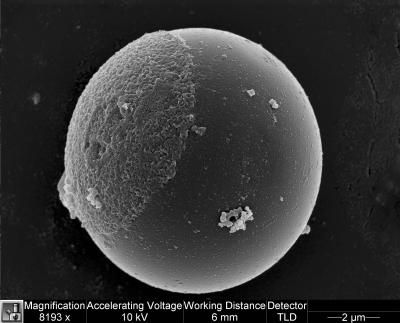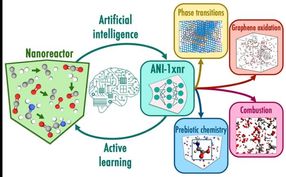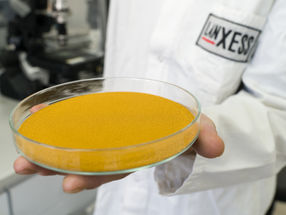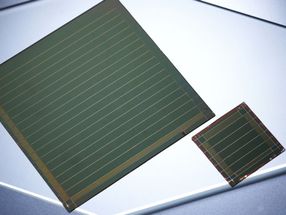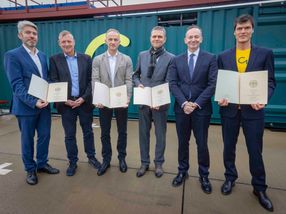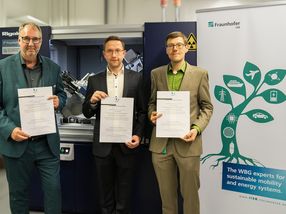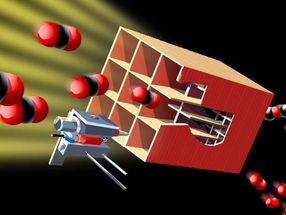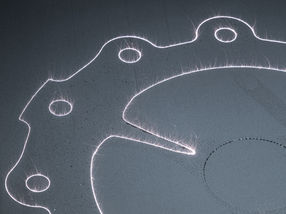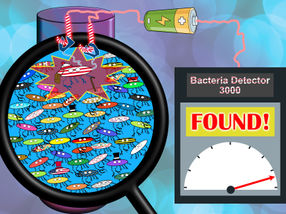E-commerce presents a major challenge to all sensor manufacturers and
distributors, as it opens up an exciting new distribution channel and
presents significant potential for process improvements. It will be vital
for manufacturers and distributors to closely monitor the developments of
e-commerce in this sector and adapt accordingly in order to increase or
protect market share.
Although e-commerce is still at the development phase, people's perceptions
of the Internet and the way it can be utilised to conduct business is
constantly changing and the technology is rapidly progressing to enable
swift improvements in the supply process to take place. There is a range of
options for businesses, including commercial websites, intranets,
extranets, e-marketplaces and trade exchanges. The Internet is expected to
be a major factor in determining future competitiveness, and this
realisation is forcing more and more companies to sell their products
on-line.
Product Complexity and Traditionalism in the Sensor Markets Restricts
E-Commerce Potential
Levels of complexity for the products in the sensor markets can vary
dramatically, from low cost, commodity items, to highly advanced and
technical
transmitters. It is standard products that are expected to enjoy
the first success while the more complex products will not suit the new
distribution channel. Traditionalism in the
sensors market is expected to
breed reluctance to adopt this modern
sales channel and as a result, this
market is not expected to fulfil its potential for some time. Concerns over
security issues and a lack of familiarity towards purchasing via the
Internet will also deter new customers.
Increased Efficiency Drives the Adoption of E-Commerce
Significant process improvements in the
supply chain are expected following
the emergence of the Internet as an alternative sales channel. The
potential cost and timesaving advantages for both the customer and
manufacturer are expected to encourage both to go on-line. The ability of
the customer to quickly compare and contrast products, coupled with the
prospect of next-day deliveries, will drive customers towards this new
sales channel. From the manufacturer's viewpoint, the chances of achieving
sales in minutes, or even seconds, holds huge advantages. Costs are
expected to fall in all aspects of the internal process, including,
advertising,
marketing, procurement and ordering. This new cost-saving
enterprise is being leapt upon in the industrial sector, where price wars
are intense and profit margins tight.
Dramatic Change of Distribution Network Expected
The entire industry will be affected by e-commerce, and in particular,
e-business, from sales and marketing through to delivery, affecting the
entire supply chain process. The development of e-commerce and widespread
use of the Internet to buy and sell industrial products may ultimately
threaten the survival of the small and local distributors, who will have to
reconsider their role in the marketplace. These companies will be forced to
rethink strategy and position in the marketplace as their current function
as distributor becomes increasingly undervalued by the anticipated growth
of e-commerce. Distributors may be forced to take on new roles in this new
market structure, such as
consultancy and working more closely with both
the manufacturers and customers to provide a full service, including pre-
and after-
sales support. Smaller distributors must acknowledge this change
and that their future value will not be in simply presenting a given
product, but providing a full and effective
solution to a customers
manufacturing problem. The larger distributors with vast product offerings
and the appropriate
logistics solutions are more ideally placed to sell
on-line.

